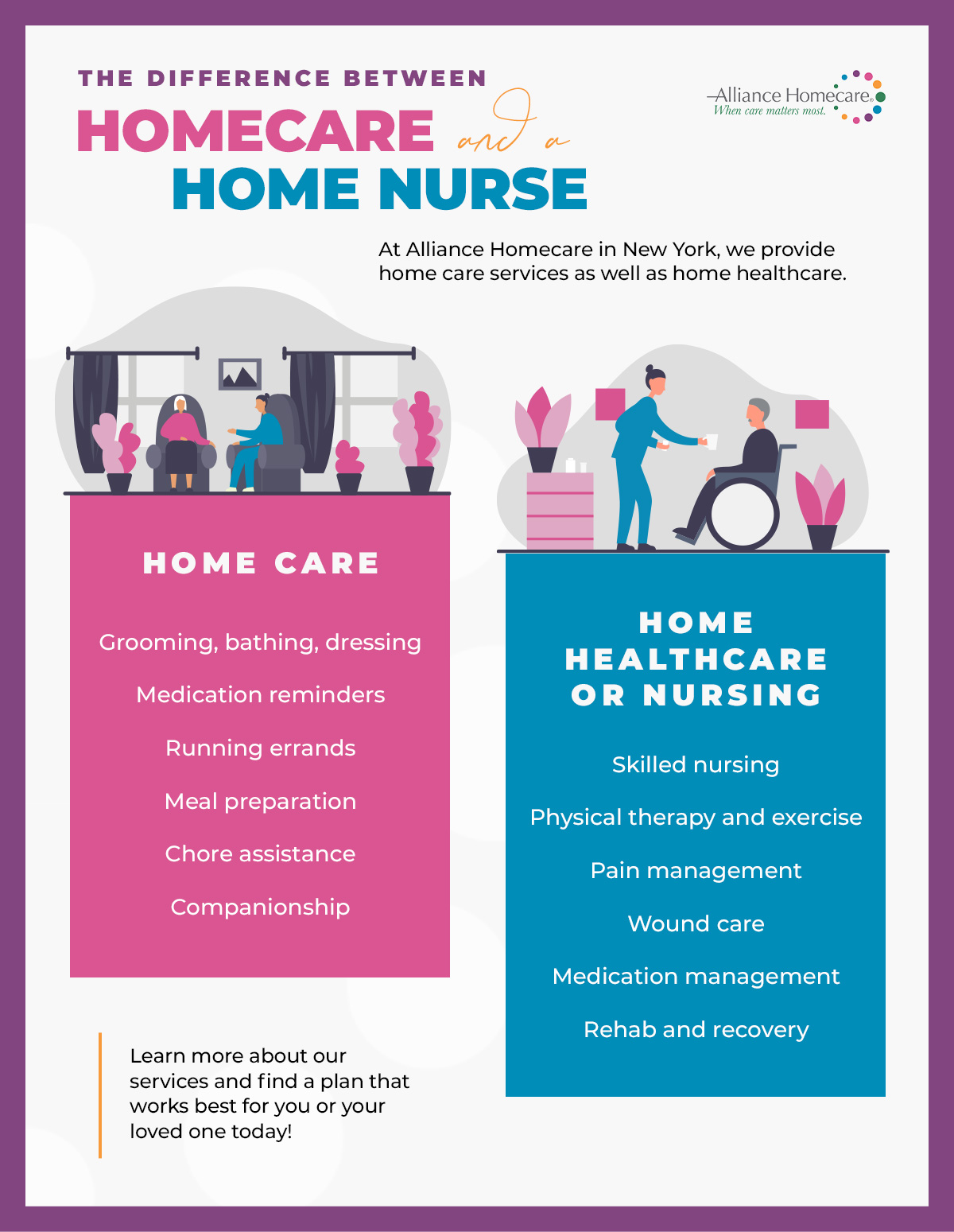The role of home care package providers in long-term disability care planning
All Regarding Home Treatment Solutions for Individuals With Disabilities: NDIS Registered Assistance
Home care services under the NDIS play a crucial function in sustaining individuals with impairments. These services are made to boost day-to-day living via tailored assistance, ranging from individual like flexibility assistance. Understanding just how to navigate these options can be intricate. This review checks out the numerous elements of NDIS home treatment, from offered solutions to the selection of service providers, highlighting crucial considerations for those seeking assistance. The trip towards empowered care begins below.
Understanding the NDIS and Its Function
The National Handicap Insurance System (NDIS) works as a transformative structure created to provide assistance and services for people with specials needs. Developed to improve the top quality of life and assurance fair access to crucial resources, the NDIS equips individuals by supplying personalized plans tailored to their distinct requirements. It aims to foster independence, enabling individuals to pursue their individual objectives and aspirations.Through an organized strategy, the NDIS allots financing for numerous supports, including education, employment support, and neighborhood participation. This all-encompassing plan not only concentrates on immediate care but likewise emphasizes lasting developmental outcomes. By advertising selection and control, the NDIS urges individuals to choose their favored provider, guaranteeing that care lines up with their choices and values. Eventually, the NDIS represents a considerable commitment to boosting the lives of people with impairments, fostering inclusivity, and developing a more encouraging society.
Kinds Of Home Treatment Services Available
Numerous sorts of home care solutions accommodate individuals with disabilities, primarily concentrating on individual care aid and reprieve care choices. Personal treatment help supplies necessary assistance with day-to-day activities, while respite treatment supplies temporary relief for primary caregivers. Comprehending these solutions is essential for ensuring the well-being of both individuals with disabilities and their families.
Personal Care Help
While navigating every day life can provide challenges for individuals with specials needs, individual care help offers necessary support tailored to their unique needs. This sort of home treatment solution encompasses a variety of tasks designed to promote self-reliance and boost lifestyle. Personal treatment aides assist with day-to-day jobs such as bathing, clothing, brushing, and toileting, ensuring people maintain personal health and comfort. They might likewise assist with dish prep work, medicine administration, and mobility support. By supplying individualized care, these professionals equip individuals to involve even more totally in their social tasks and daily routines. In general, individual treatment aid plays a considerable function in promoting self-respect and autonomy for those with specials needs, enabling them to prosper in their home setting.

Respite Treatment Options
Break care works as a necessary resource for families and caretakers of individuals with impairments, providing short-lived remedy for the demands of day-to-day caregiving. This kind of service can take various forms, consisting of at home break treatment, where qualified experts see the home to assist with care jobs. Family members may decide for facility-based respite treatment, where individuals get care in a specialized setting, allowing caretakers to take a break. Additionally, some organizations supply emergency reprieve services for unpredicted scenarios. These options not just help minimize caregiver stress yet additionally advertise the well-being of individuals with disabilities by supplying them brand-new experiences and social interaction. Generally, respite care plays a critical function in sustaining both caretakers and those they care for.

Exactly How to Gain Access To NDIS Home Care Solutions
Accessing NDIS home treatment services includes comprehending the eligibility requirements established forth by the National Disability Insurance Coverage System. Individuals need to browse a structured application process to protect the required support tailored to their demands. This section will clarify both the eligibility requirements and the actions involved in looking for solutions.
Qualification Requirements Described
To get approved for NDIS home care solutions, people should meet specific qualification requirements that evaluate their circumstances and demands. Candidates need to be aged between 7 and 65 years and have a significant and permanent disability that impacts their ability to execute daily tasks. Additionally, they need to be an Australian citizen, an irreversible homeowner, or hold a Protected Unique Category Visa. The NDIS needs evidence of the special needs, usually with medical evaluations or records. Moreover, individuals must show that they require support to take part in social and financial life. These requirements ensure that solutions are routed in the direction of those that genuinely require assistance, promoting freedom and improved lifestyle for individuals with handicaps.
Application Process Actions
Can I Select My Own Assistance Workers Through NDIS?
The private asked whether they might pick their very own support workers under the NDIS structure. Typically, participants have the adaptability to choose assistance employees, cultivating individualized care that lines up with their specific requirements and preferences.
What Occurs if My Needs Adjustment After Getting Support?
If an individual's requirements modification after receiving assistance, they should connect these adjustments to their provider. Modifications can be made to the care plan, ensuring that the assistance continues to be reliable and pertinent for their conditions.

Are There Limits on The Number Of Hours of Treatment I Can Receive?
The specific asked about potential limits on the variety of treatment hours received. Normally, such restrictions may exist based upon certain policies or moneying setups, highlighting the relevance of assessing contracts and guidelines routinely.
Can I Make Use Of NDIS Funding for Home Modifications?
The concern of utilizing financing for home adjustments arises frequently. Usually, people may utilize NDIS financing for needed modifications to their homes, guaranteeing ease of access and safety and security, contingent upon conference specific qualification requirements and guidelines.
How Do I Manage Problems Concerning My Home Treatment Solutions?
To deal with complaints about home care services, individuals need to initially document their problems. Then, they can communicate straight with their provider, looking for resolution, or escalate the issue to relevant oversight bodies if needed. Home treatment services under the NDIS play an essential role in sustaining people with handicaps. Numerous types of home care services provide to people with handicaps, mostly concentrating on individual treatment support and reprieve care alternatives. home care providers melbourne. Individual care support supplies important support with everyday activities, while reprieve care offers momentary relief for primary caretakers. Households may decide for facility-based respite treatment, where people receive care in a specialized atmosphere, permitting caretakers to take a break. How can family members efficiently manage the economic elements of home care services for individuals with disabilities?